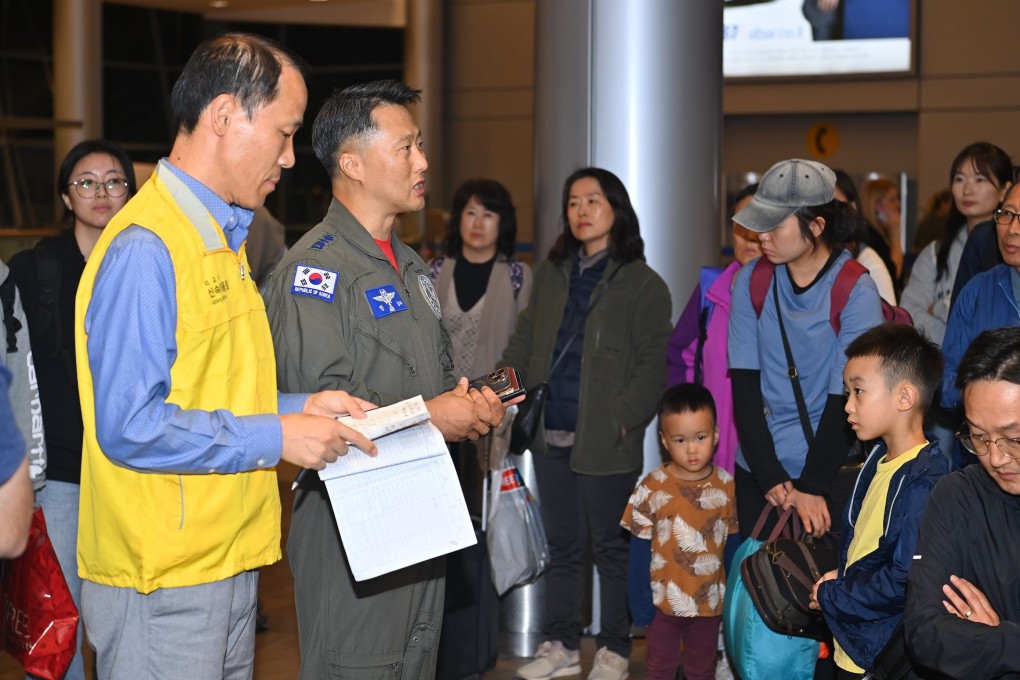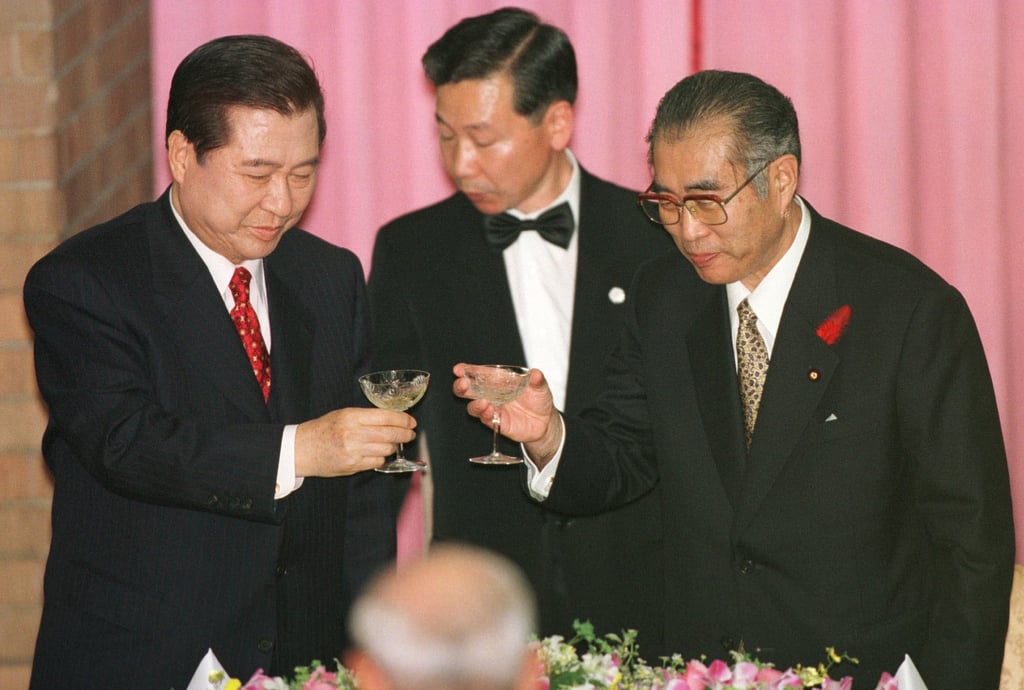Japan-South Korea ties ‘positive’ after Israel evacuation aid, but could a new leader ‘turn things upside down’?
- South Korea helped evacuate 51 Japanese nationals from Israel, with officials ‘openly agreeing to help each other out again in the future’
- People exchanges are also picking up pace again, but analysts warn historical resentments could easily reverse any improvements in ties

Japanese Foreign Minister Yoko Kamikawa on Sunday spoke to her South Korean counterpart Park Jin, after a South Korean military KC-330 transport aircraft touched down at Seoul Air Base the previous day carrying 192 South Koreans and six Singaporeans, as well as the Japanese nationals.
“What is really significant to me is that the two sides are not making a really big deal out of this situation, but that they are now openly agreeing to help each other out again in the future,” said Ryo Hinata-Yamaguchi, an international relations assistant professor at the University of Tokyo. “That might seem a small thing, but I see it as a very positive development.”
Yoon’s office later issued a statement quoting the president as saying: “This is evidence that the improvement and development of South Korea-Japan relations are the wish and will of the two countries’ peoples.”
